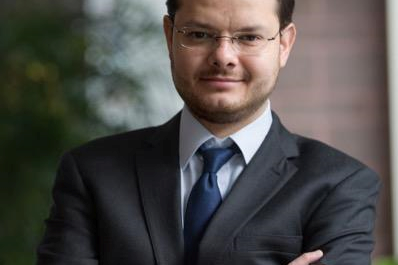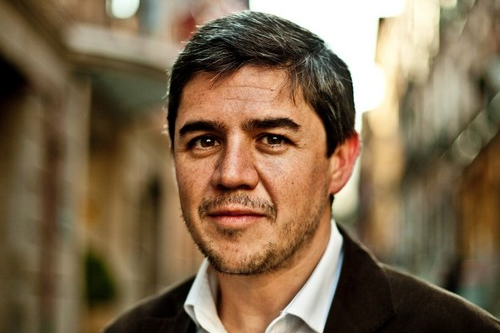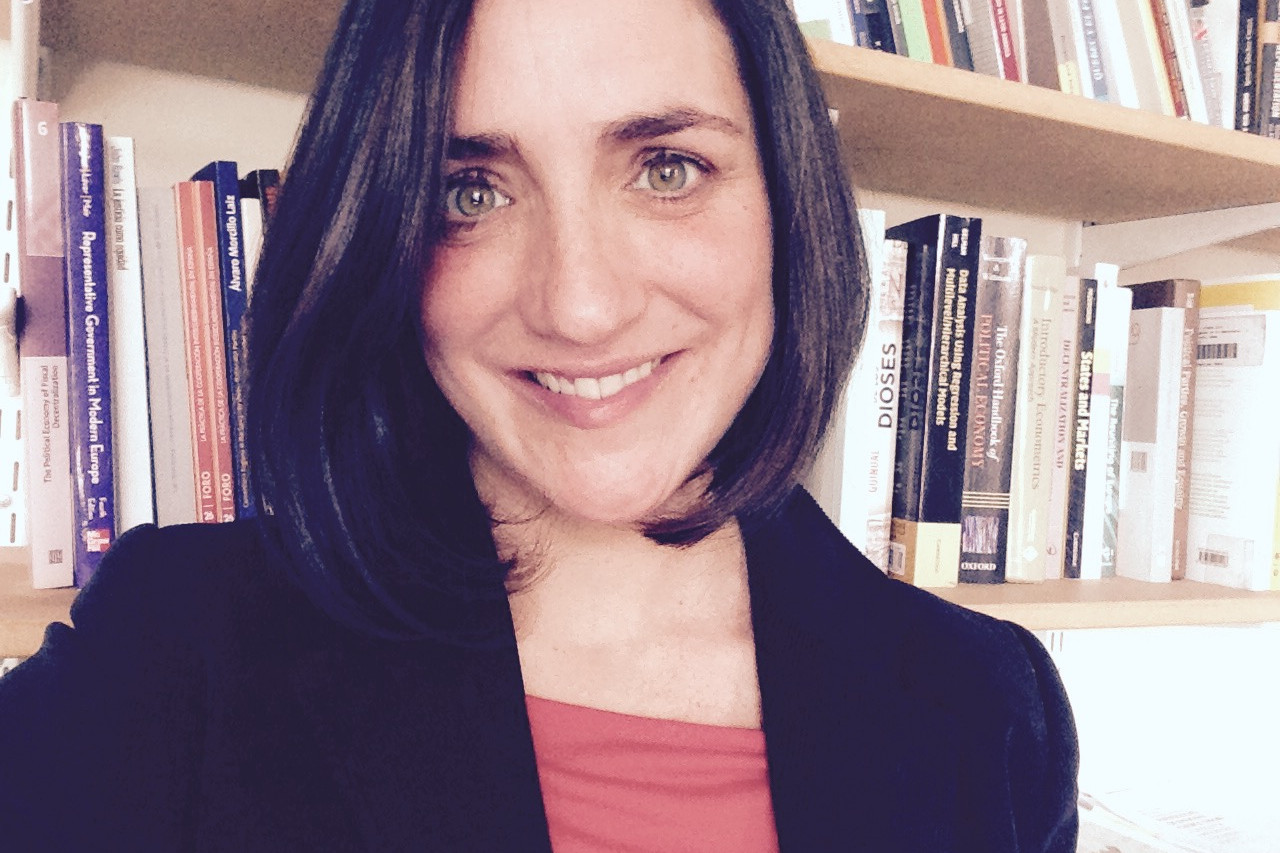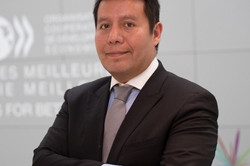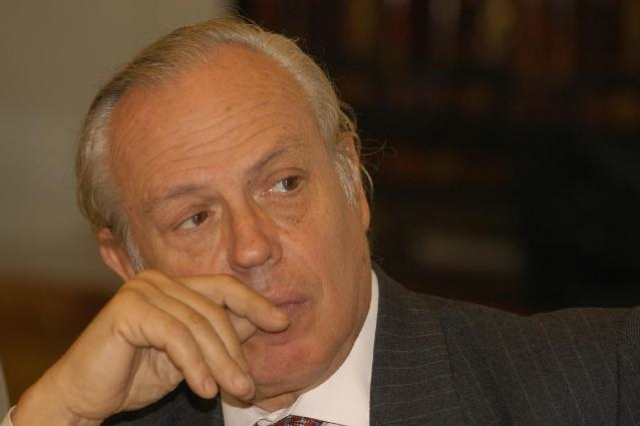Carmen P. Flores. Journalist
Under normal conditions, although inequality exists, it is less noticeable. However, in times of crisis it is so great, manifest and cruel that it cannot leave anyone indifferent.
The crisis takes several years plaguing those people with fewer resources and if solutions are not sought, things can get even worse, although some of the powers-that-be try to hide it.
The much discredited macroeconomics, say the experts, has registered a positive change, but ordinary citizens do not see it anywhere, however hard they look and whoever says it. The crisis of the poor is an opportunity for the rich to continue amassing money without caring where it came from. Inequalities are growing, as wrote John XXIII, the good Pope, "the rich are getting richer and the poor getting poorer."
It has been proved that countries with greater economic inequality, a phenomenon that occurs in Spain in very large quantities, also have more problems with mental health, drugs, lower levels of physical health, lower life expectancy, lower academic performance and higher unwanted teenage pregnancy rates.
The causes of social inequality are essentially economic, cultural and social How to de we explain this?
Economic reasons
In some societies, unemployment and low wages are the main cause of inequality, leading to social groups of the rich and the poor. Tax increases reduce the capacity to save, invest in production and grow economically. Nevertheless, a reduction of poverty would help the economic growth of a country. This growth would benefit and increase tax revenues with which governments could finance more social programmes.
Cultural reasons
There is inequality among individuals who have got a good level of education and those who have failed to do so. Every year, 80 million children are born worldwide. The high fertility of women and the overcrowding suffered by many cities leads to increased poverty, as society loses its capacity for consumption and welfare. The high level of corruption in some governments favour the breach of contracts signed with companies and other governments, and this may encourage the basic, hard-won rights of the poorest being violated.
Social reasons
With the crisis, some major segments of the population are immersed in the most unjust social ostracism by the actions of the most powerful speculative and excluding minority sectors. For example, this occurs with certain ethnic minority groups of immigrant workers, and many others that Karl Marx called social outcasts. This situation encourages social tension and political instability, which, in turn, slows foreign investments, always fearful of risking their money on good causes.
In this issue you have started to read, you will find valuable information that surely will help you to get a clearer idea about an exciting topic that requires risky and urgent solutions. As always, you will quickly discover that there are still too many interests at stake and, therefore it will be very difficult to get all parties to agree. Nevertheless, precisely because of this, you should not be discouraged in the face of the challenge of making inequality regress reasonably progressively for which we basically need to put all the cards face up on the table, and that is what we intend to do with the free and open opinions of our experts in the field. We hope to capture the interest to those who read this new issue.



